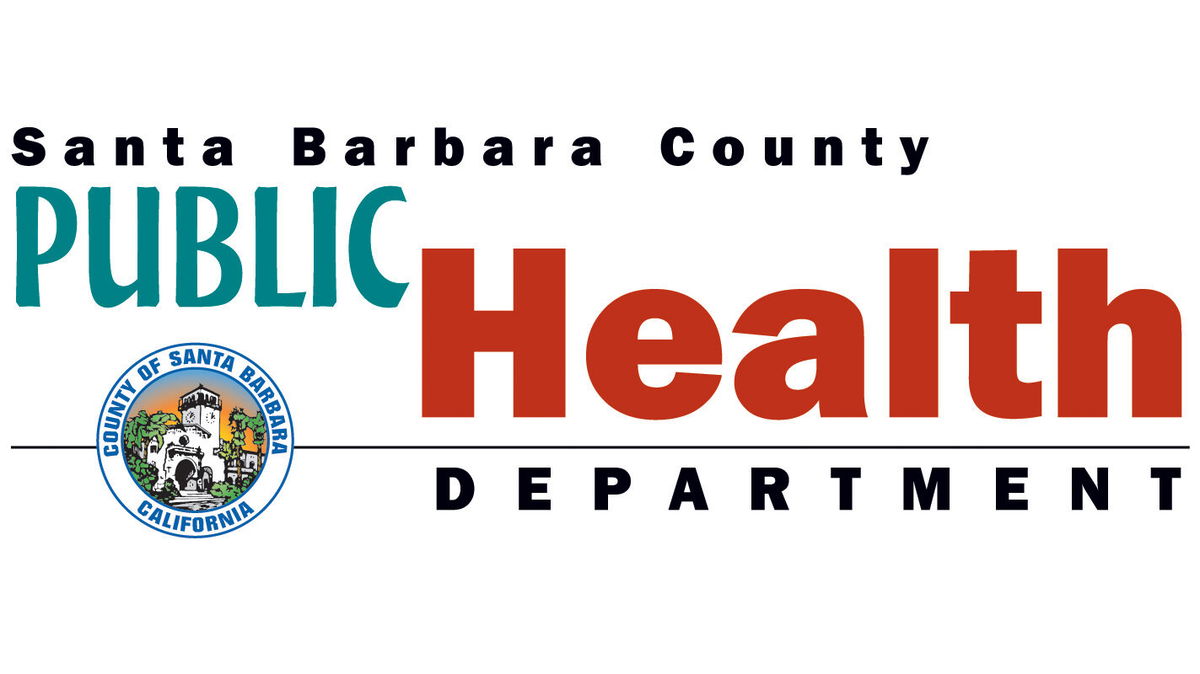
Keep Your Shellfish in Check: CDPH Issues Annual Warning Against Eating Recreationally Harvested Mussels Along California Coast”.
In California, the Department of Public Health has issued its annual warning against consuming sport-harvested mussels along the coast. This warning will be in effect from May 1 to October 31. The purpose of this alert is to keep the public safe from poisoning that could lead to serious illness. It is advised that people refrain from eating sport-harvested mussels during this time period.
However, commercially harvested shellfish sold in restaurants and fish markets are not affected by this warning. That’s because commercial harvesters in California undergo strict testing requirements and are certified by the CDPH to ensure that their shellfish are free of toxins. This annual warning specifically aims at preventing paralytic shellfish poisoning (PSP) and domoic acid poisoning, which are caused by naturally occurring toxins in shellfish.
Symptoms of PSP can include tingling of the lips and tongue, loss of balance, lack of coordination, slurred speech, and difficulty swallowing. In severe cases, symptoms can escalate to trouble breathing, confusion, and disorientation. If someone experiences these symptoms after consuming shellfish, it is crucial to seek medical attention immediately. To reduce health risks, it is recommended that individuals avoid eating recreationally harvested mussels during the summer months from May 1 onwards.
For further information about the quarantine, PSP, and domoic acid, individuals can visit the CDPH Annual Mussel Quarantine – Frequently Asked Questions (FAQ) webpage or call the CDPH Biotoxin Information Line at (800) 553-4133 for updated information on quarantines and shellfish toxins.
